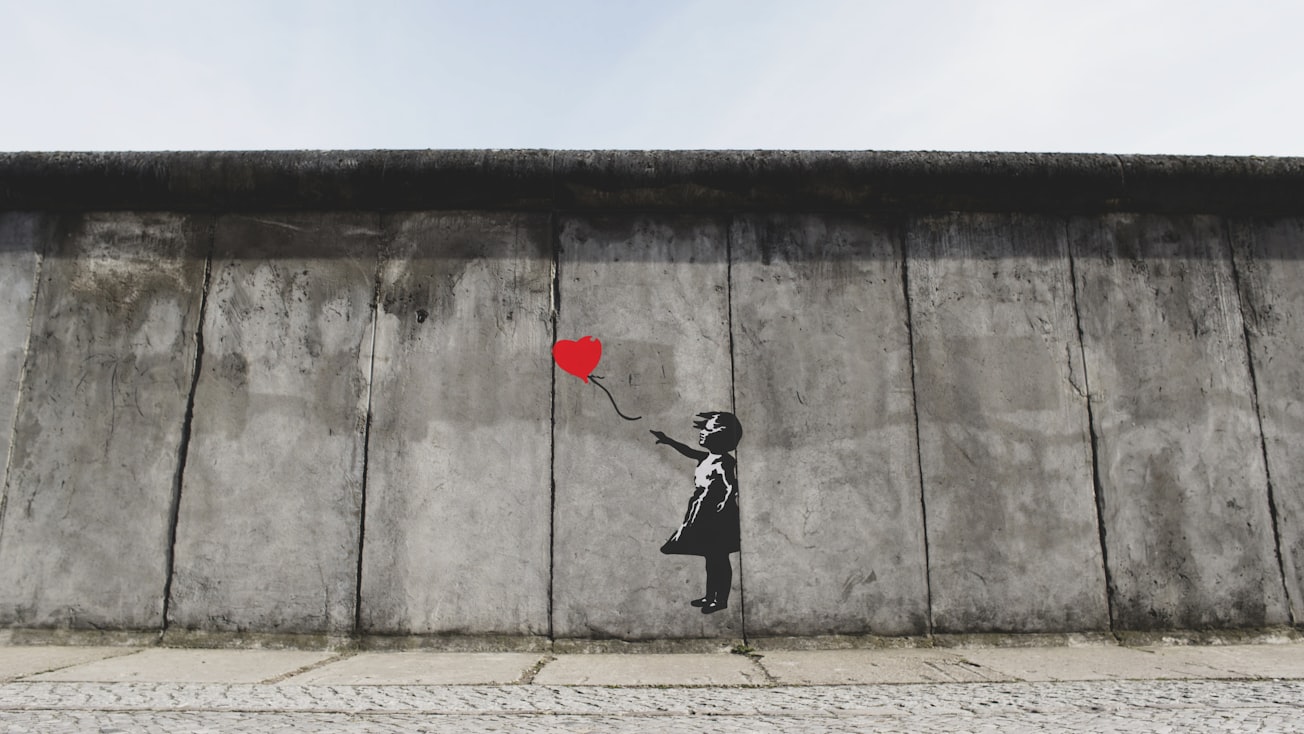What is it about?
Dichotomies such as victims/perpetrators, victors/vanquished, and occupiers/occupied are not set in stone once and for all. It is therefore crucial to understand the specific tools that parties can use to avoid a repetition of stalemates and violent conflicts.
Featured Image

Photo by Eric Ward on Unsplash
Why is it important?
In seemingly intractable conflicts, the possibility of considering justice not only through the lens of past generations, but also in terms of the current and next generations opens up the game in a subtle manner. Our findings show that one of the most delicate challenges is to convince all sides that they can reach an agreement for the sake of current and future generations without feeling “complicit” in betraying the memory of their missing relatives.
Perspectives
I hope that this article contributes to a better understanding of the long-term consequences of international and intercommunity conflicts. It is an invitation to further explore the transformation of representations from one generation to the next. Such goal forces us to work within interdisciplinary teams of scholars. Political scientists regularly work with historians, sociologists, and anthropologists, but it would be fruitful to develop further collaborations with clinicians and social psychologists.
Valerie Rosoux
Université catholique de Louvain - FNRS
Read the Original
This page is a summary of: Negotiating on Behalf of Previous Generations: Justice in Post-Conflict Contexts, International Negotiation, February 2020, Brill,
DOI: 10.1163/15718069-25131238.
You can read the full text:
Contributors
The following have contributed to this page










